Vegetable Gardening
-
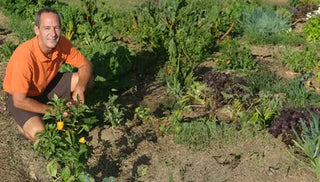
Garden Crusader: Bill Dawson
Meet Garden Crusader Bill Dawson of Columbus, Ohio
-
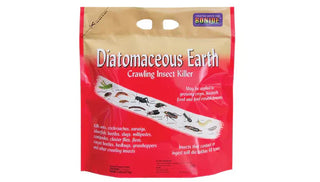
What on Earth is DE?
Discover the power of DE (Diatomaceous Earth) 🌱. Enhance your wellness routine with this natural wonder.
-
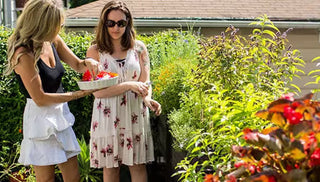
Garden Designer Brings Beautiful Edibles to Pastry Chef’s Backyard
Transform your backyard into a delectable haven 🌱🍰 Let our garden designer create stunning edible landscapes for you, pastry chef!
-
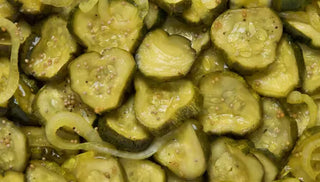
Best Bread and Butter Pickles
🥒🍞 Love crunchy pickles and smooth butter? Try the best Bread and Butter Pickles!
-
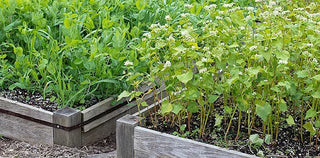
Prepare Your Vegetable Garden for Winter with a Cover Crop
Get your 👨🌾 vegetable garden ready for winter! Protect your soil and boost its health with a cover crop.
-
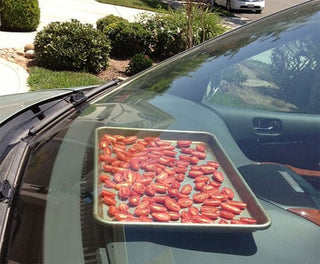
Sun-Dried, Dashboard-Dried, Homegrown Tomatoes
Get that farm-fresh taste with 🍅 sun-dried, dashboard-dried, homegrown tomatoes. Preserve and enjoy the natural flavors!
-
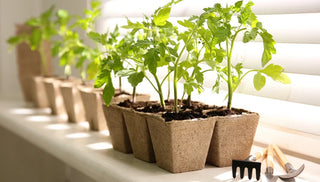
Prevent Transplant Shock
Prevent transplant shock with our proven tips and tricks! 🌱👍 Boost your plant's chances of survival with expert guidance.
-
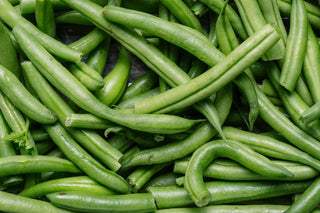
How to Double Your Pea Harvest
Boost your gardening skills and learn how to double your pea harvest 🟢🌱 with these expert tips. Ready to yield an abundant crop?
-
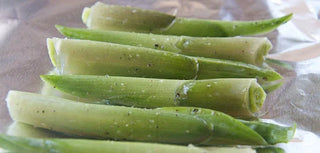
Hosta: a Treat for the Eye and the Palate
Discover the beauty and flavor of Hosta plants! Add some greenery to your garden while enjoying their delicious leaves.
-
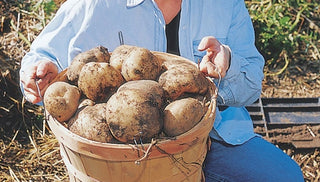
Time to Harvest Potatoes!
🥔 Ready to get your hands dirty? It's harvest time for potatoes!
-

Harvesting Hope Together
In 2022, we pledged to donate $40,000 and create an army of employee volunteers – because no man, woman, or child should ever go hungry, feel isolated, or despair for...
-
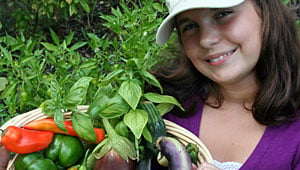
Garden Crusader: Katie Stagliano
Meet Garden Crusader Katie Stagliano of Summerville, South Carolina
-
Harvest Hope Impact 2021
At the beginning of 2021, we pledged to donate $50,000 to communities and organizations whose missions align with ours. Here's how it all stacks up.
-
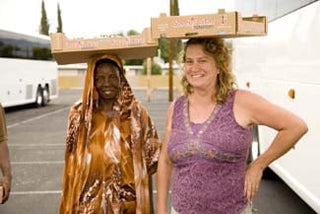
Garden Crusader: Barbara Eiswerth
Meet Barbara Eiswerth of Tucson, Arizona
-
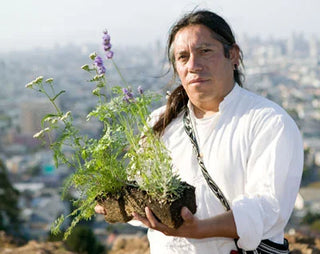
Garden Crusader: Guillermo Vasquez
Meet Garden Crusader and permiculturist Guillermo Vasquez of San Francisco.
-
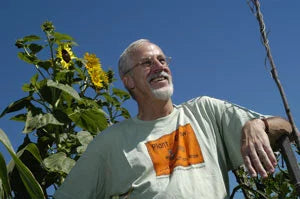
Garden Crusader: Rick Brooks
Meet Garden Crusader Rick Brooks of Madison, Wisconsin
-
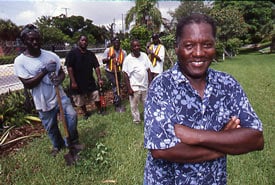
Garden Crusader: Marvin Dunn
Meet Garden Crusader Marvin Dunn, of Miami's Roots in the City.
-
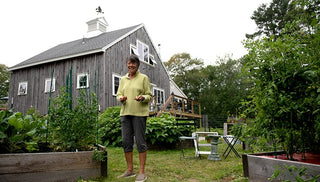
Meet a Gardener
Learn about some of the members of our gardening community, including Gardener's Supply employee-owners, customers, and garden testers.
-

Garden to Give Photo Contest
Note: This contest is over. Thank you for sharing your photos!
-

Black History Month
We are celebrating Black History Month by honoring the Black community's many varied, and understated, contributions to gardening.
-
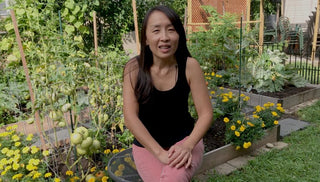
Avid Gardener was Inspired by Her Mother
Moon gives a tour of her raised bed and container garden in Westchester County, NY. Moon has been a customer of Gardener's Supply Co for years, and was one of...






















